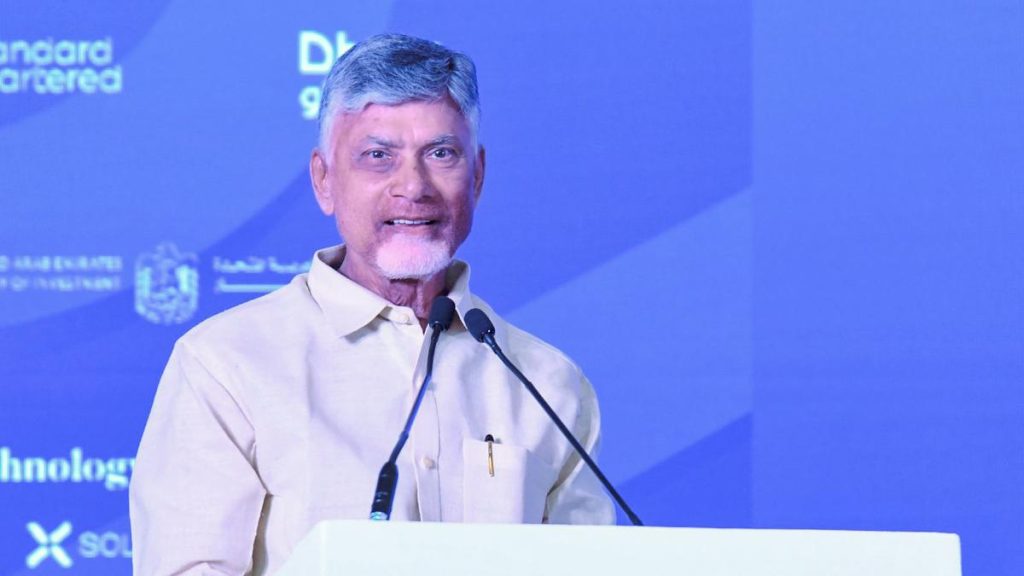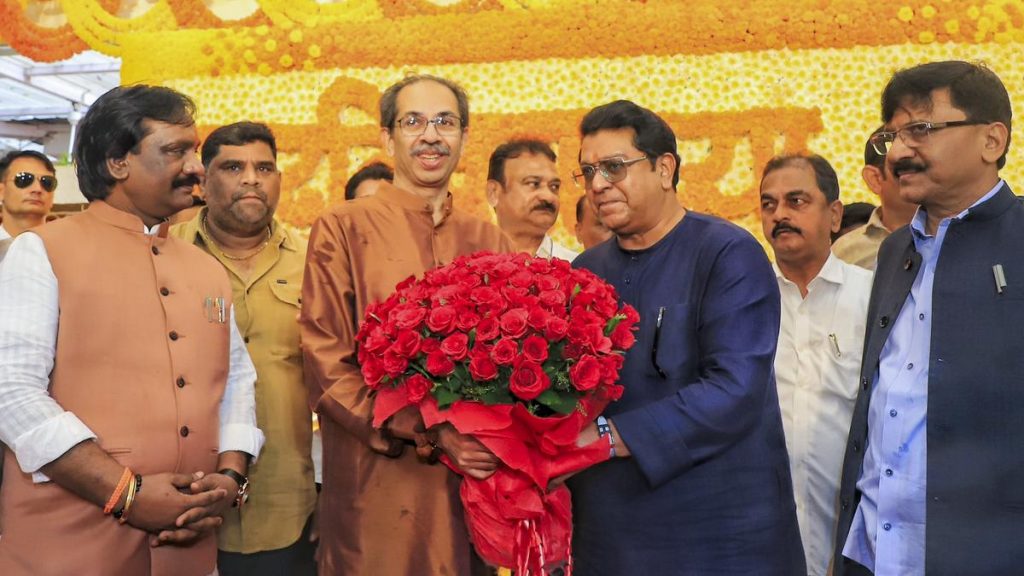Now Reading: Pawan Kalyan Fans Urge: Keep Politics Out of ‘Hari Hara Veera Mallu
-
01
Pawan Kalyan Fans Urge: Keep Politics Out of ‘Hari Hara Veera Mallu
Pawan Kalyan Fans Urge: Keep Politics Out of ‘Hari Hara Veera Mallu
Speedy Summary
- Members of the Pawan Kalyan Fans Association and Jana Sena Party (JSP) leaders have requested rival political parties not to politicize the screening of Hari Hara Veera Mallu, featuring actor-politician Pawan Kalyan.
- JSP leaders K. Kiran Rayal and Chinnamgari Ramana distributed sarees to sanitary workers deployed at theatres screening the film as a gesture of gratitude for their support during benefit shows.
- The JSP representatives claimed that negativity about the film was being spread via social media allegedly linked to a political party.
- They described Hari Hara Veera Mallu as historically significant and said it had already grossed ₹200 crore, with expectations of reaching ₹500 crore soon, reflecting Pawan Kalyan’s popularity.
Indian Opinion Analysis
The interplay between cinema and politics in India is evident in this story surrounding Hari Hara Veera Mallu. The strong remarks from JSP leaders highlight underlying tensions where cultural products like films become battlegrounds for ideological or party-based clashes. While distributing sarees to sanitary workers reflects goodwill, allegations against rival political factions point toward how divisive narratives can spill into creative domains.
The apparent commercial success of ₹200 crore-if accurate-signals significant audience engagement, but projecting figures like ₹500 crore raises questions about overexposure in public discourse tied closely with political agendas rather than artistic merit alone.
India’s rich cultural history showcased through cinema has intrinsic value; keeping such initiatives free from polarizing commentary may foster greater societal unity rather than conflict over allegiances outside filmmaking itself.























